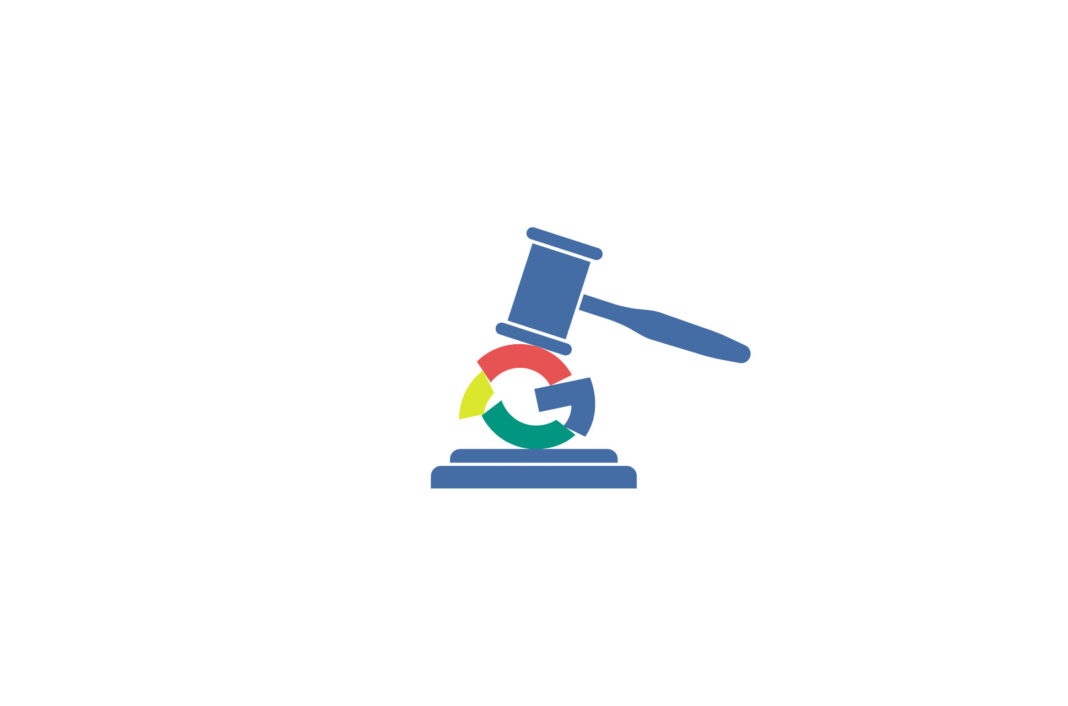Browsing in “Incognito mode” while using Google’s Chrome browser may give the illusion of privacy, but the fact is that it does not prevent others, including Google, from tracking you. And now, a U.S. judge has allowed a class-action suit against Google’s tracking practices pertaining to Incognito mode to go to trial.
What is Chrome’s Incognito mode?
When you browse the web with Chrome, users may choose to use an “Incognito” window, also known as “privacy browsing mode.” In Incognito mode, Chrome does not save browsing history, cookies and site data, information entered in forms, and permissions you give to websites. This means that your activity is not saved on your device, thereby preventing others with access to your device, such as family members, from seeing your searches and stopping cookies from identifying you.
 However, what you do in Incognito mode on Chrome can still be traced back to you, including by Google itself. For example, Incognito sessions are recorded in Google Analytics and provided to website administrators.
However, what you do in Incognito mode on Chrome can still be traced back to you, including by Google itself. For example, Incognito sessions are recorded in Google Analytics and provided to website administrators.
Read more: What doesn’t Incognito mode protect against?
Why are Chrome users suing Google over Incognito mode?
In June 2020, three Google users filed a complaint in California saying that the company had misled them about Incognito browsing. They claimed that Google continued to collect browsing and web activity data even after directing users to Incognito mode to keep their activities private.
“Plaintiffs and Class members had a reasonable expectation of privacy that when using a browser while in ‘private browsing mode,’ Google would not intercept, collect, record, disclose, or otherwise misuse their personal communications,” the complaint reads.
The document also takes aim at Google’s use of data, claiming it collects data “for its own nefarious purposes, and not those of the consumer.”
In terms of legality, the users contend that Google’s server-side tracking is in violation of federal and state wiretap laws and consumers’ right to privacy.
“Google’s practices infringe upon users’ privacy; intentionally deceive consumers; give Google and its employees power to learn intimate details about individuals’ lives, interests, and internet usage; and make Google ‘one stop shopping’ for any government, private, or criminal actor who wants to undermine individuals’ privacy, security, or freedom,” the complaint says.
What is Google’s argument?
The complaint has been heavily contested by Google, which has said that the search engine clearly details its data collection practices in its privacy policy.
“Google also makes clear that ‘Incognito’ does not mean ‘invisible,’ and that the user’s activity during that session may be visible to websites they visit, and any third-party analytics or ads services the visited websites use,” Google wrote in a court filing.
What did the court say?
After arguments from both sides, U.S. District Judge Lucy Koh of San Jose, California, ruled last week that the lawsuit can go forward. The lawsuit claims that Google should pay 5,000 USD per infraction, which would amount to at least 5 billion USD for the “likely” millions of users.
“The court concludes that Google did not notify users that Google engages in the alleged data collection while the user is in private browsing mode,” Koh wrote.
Legal challenges mount for Google
A potential 5 billion USD penalty might be the stiffest fine Google faces, but the company has had to respond to a litany of complaints in recent months.
A class-action lawsuit filed by users in Canada and coordinated by several law firms has a familiar ring to it: excessive tracking and surveillance. The claim says that Google violates consumer protection and competition laws by misrepresenting its privacy and data practices. The case has been filed at a court in British Columbia and is awaiting approval.
In October, Google settled another lawsuit after its now-defunct Google Plus service exposed the private data of thousands of people due to a software bug in 2018. It agreed to pay up to 7.5 million USD to those affected.
And a private antitrust lawsuit filed by the administrator of a sweepstakes website alleges that Google uses its unfair advantage in online advertising to monopolize the market. Some analysts believe that many more of these lawsuits are expected and may pose a challenge to Big Tech.
Did Google mislead users about Incognito mode? Let us know your thoughts in the comments!

























Comments
Why would ANYONE believe a company whose entire business model is based on extracting, assembling and selling every conceivable piece of useful and usable information about its users? “Free” is just another four-letter word meaning “screw”.
Nothing you do on the internet is private, or incognito.
I’ve always seen a notice that websites can still track you when switching to incognito mode. And if websites can, then Google can, too. Not once have I thought that incognito = private. The only people you’re incognito from are other users of the computer. I thought that was obvious. Guess not.
And for the record, I’m not defending Google here. Their privacy policies are pretty much a bunch of fancy words saying that you have no privacy. I’ve been a longtime Google user but am in the process of switching emails and other things away from Google to more private services. The more I learn about internet tracking, the more I realize the need for as much privacy as possible.
Yes, google did mislead users, simply by using the word “incognito”. I mean, either you’re incognito or you’re not. Clearly you’re not incognito when using incognito mode, so calling it that is definitely misleading.
Don’t trust any of those Big Tech giants. Here are some trips that I think work when combined:
1. Don’t use any Google products. That includes a Google account and using Google Chrome. Use Tor as your browser.
2. Use Firefox’s incognito mode at all times and use DuckDuckGo as your Search Engine when you can.
3. Once #1 and #2 are in-place, turn on your VPN…
And there you go. Maximum privacy…
That’s why I use Firefox. Also I set up Firefox to delete all cookies and history whenever I close the browser. It means I have to log into websites each time I access them, but it’s a small price to pay to limit tracking. If I have to log into Google or FB, I make sure to close my browser (logout) before I continue browsing.
I think Google did mislead incognito mode, I realized my camera was turning on,my location GPS, all by Google play services I turned them off but keeps going on I’m thinking Google keeps bringing apps up maybe to use spying on me or maybe I’m over thinking don’t know but I see in apps in background turning in by self and is all by Google microphone camera everything turning on by self when I press turn off comes back????
Privacy policy? Gimme a break. They’re unreadable.
That’s your problem tho’
“The court concludes that Google did not notify users that Google engages in the alleged data collection while the user is in private browsing mode,”
Well that certainly explains the recent notice Mozilla posted about their “private browsing” mode, apparently trying to curtail bandwagon lawsuits. I myself had no expectation of privacy just because of these private or incognito modes. I knew (or assumed) the mode does absolutely nothing more than what it says it does: doesn’t save cookies or history, the end. Gee, anyone wonder what ExpressVPN is going to do with my email address that it REQUIRED for me to post this comment? Do I EXPECT privacy? Duhhh, …no.
Not only Google Chrome’s incognito mode, but other browsers also do worse, i believe, and share to Administrators, law agencies, and Ad sites. Incognito only protects the user from browsing data from being embedded in the PC or Mac or any other device having Chrome. The primary concern of the user of Incognito is being caught by his own people or company. This being assured the danger of sharing the information to the persons, sites, administrator quite unknown to the user is deplorable privacy erosion of the user of incognito mode on any browser. Because Google is rich, people tend to leech out some share. Here money is not important. The Judiciary should evolve a strict pattern for all incognito mode which not only protect their privacy with their device or administrator but also does not share to unscrupulous sites persons, sites, administrator quite unknown to the user who are not legally entitled to possess.